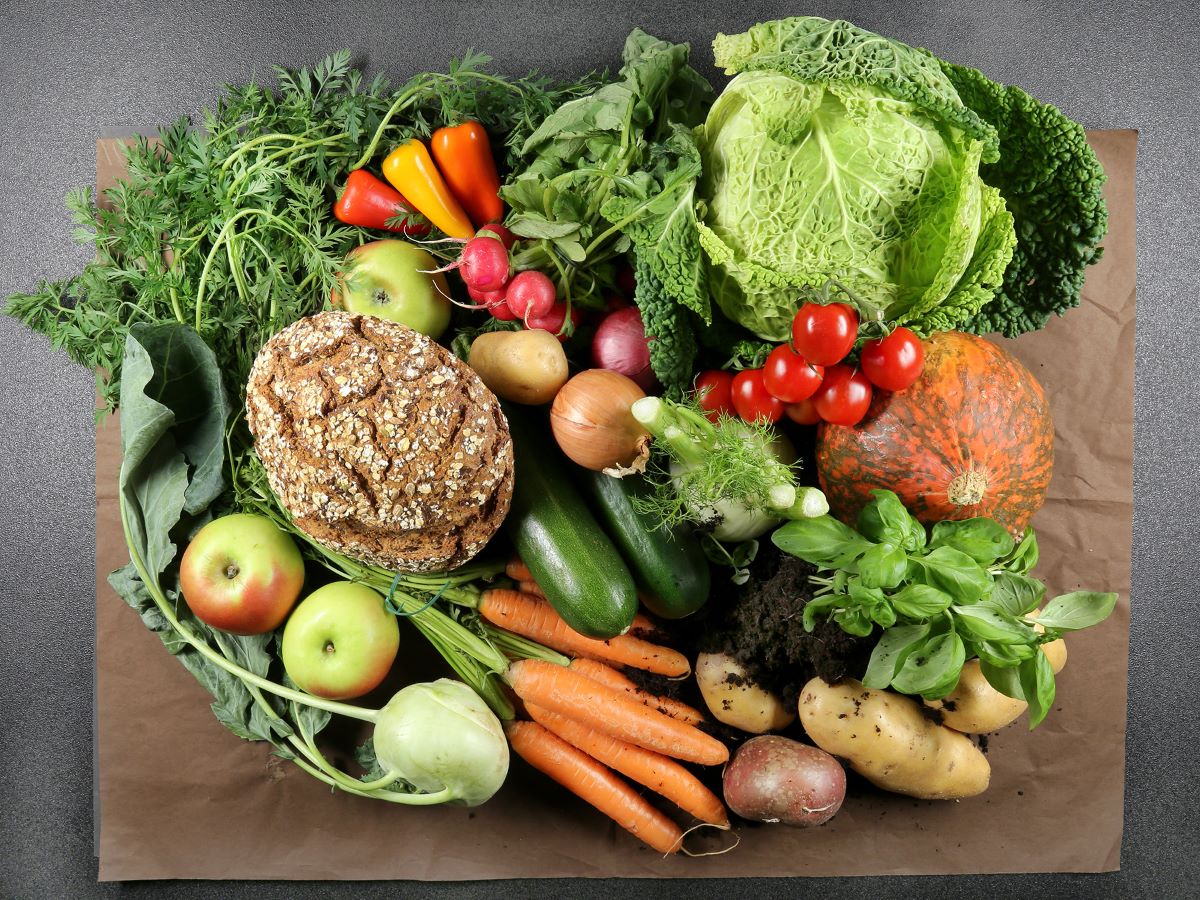National Reference Laboratory for halogenated POPs
According to Regulation (EC) No 882/2004, Umweltbundesamt was designated as national reference laboratory for halogenated persistent organic pollutants (POP) in live animals and animal products according to Directive 96/23/EC and in feed and food as well as for genetically modified organisms (GMOs)

Regulation (EC) 882/2004 sets out general requirements for the authorities that are responsible for enforcement of feed and food law and animal health and animal welfare legislation. Umweltbundesamt was designated as national reference laboratory by the Austrian Federal Ministry for Health and Women's Affairs.
In its role as a national reference laboratory, Umweltbundesamt supports official controls of food and feed and helps to ensure that these controls are of a consistently high quality. This requires inter alia a continuous exchange of information between the Community reference laboratory and the relevant institutions in Austria – laboratories, control staff for food and feed. To ensure the necessary coordination between them is also one of the tasks of a national reference laboratory.
For all these new tasks, Umweltbundesamt makes use of its many years of experience of GMO and pollutant analysis. In its accredited testing laboratory, experts track down pollutants in all environmental media and in selected consumer goods as well as in feed and food. Apart from conventional analysis, our main tasks include the analysis of specific parameters and applied environmental research.
Tasks of national reference laboratories
Each EU member state designates one or more national reference laboratories for different areas, such as heavy metal residues in food and feed, pesticides or parasites. The main task of a national reference laboratory is to give scientific and technical support to the competent authorities. A national reference laboratory is also obliged, for the purpose of quality assurance, to participate in comparative inter-laboratory tests with other national reference laboratories. These tests are conducted by the relevant competent reference laboratory at European level - the Community reference laboratory of the European Commission.
The network of national reference laboratories with state-of-the-art equipment contributes to the harmonisation of the efficiency and effectiveness of laboratories and helps to promote the harmonisation of food and feed controls. The aim is to ensure a consistently high level of consumer safety and to avoid market distortion on the single European market.

